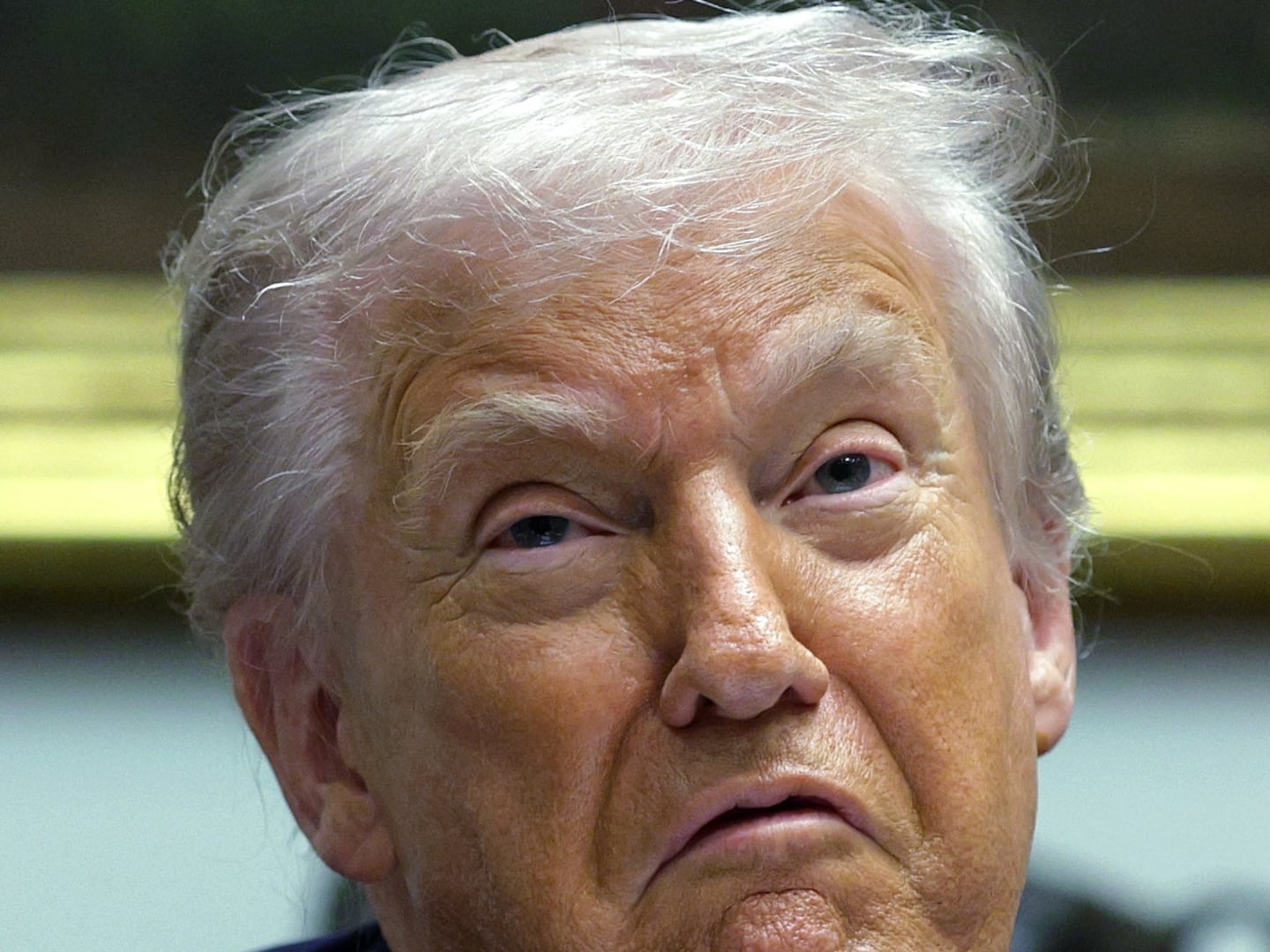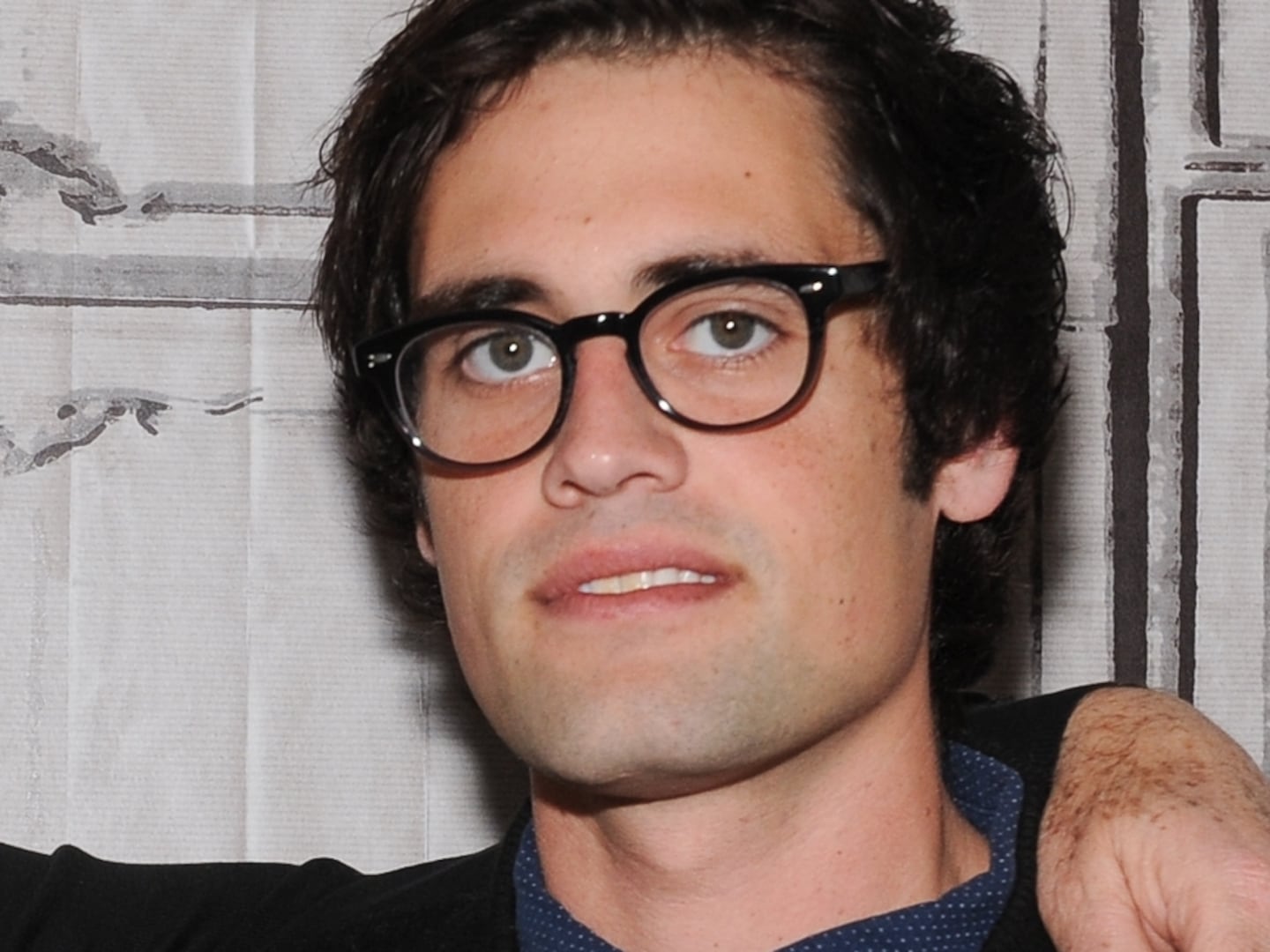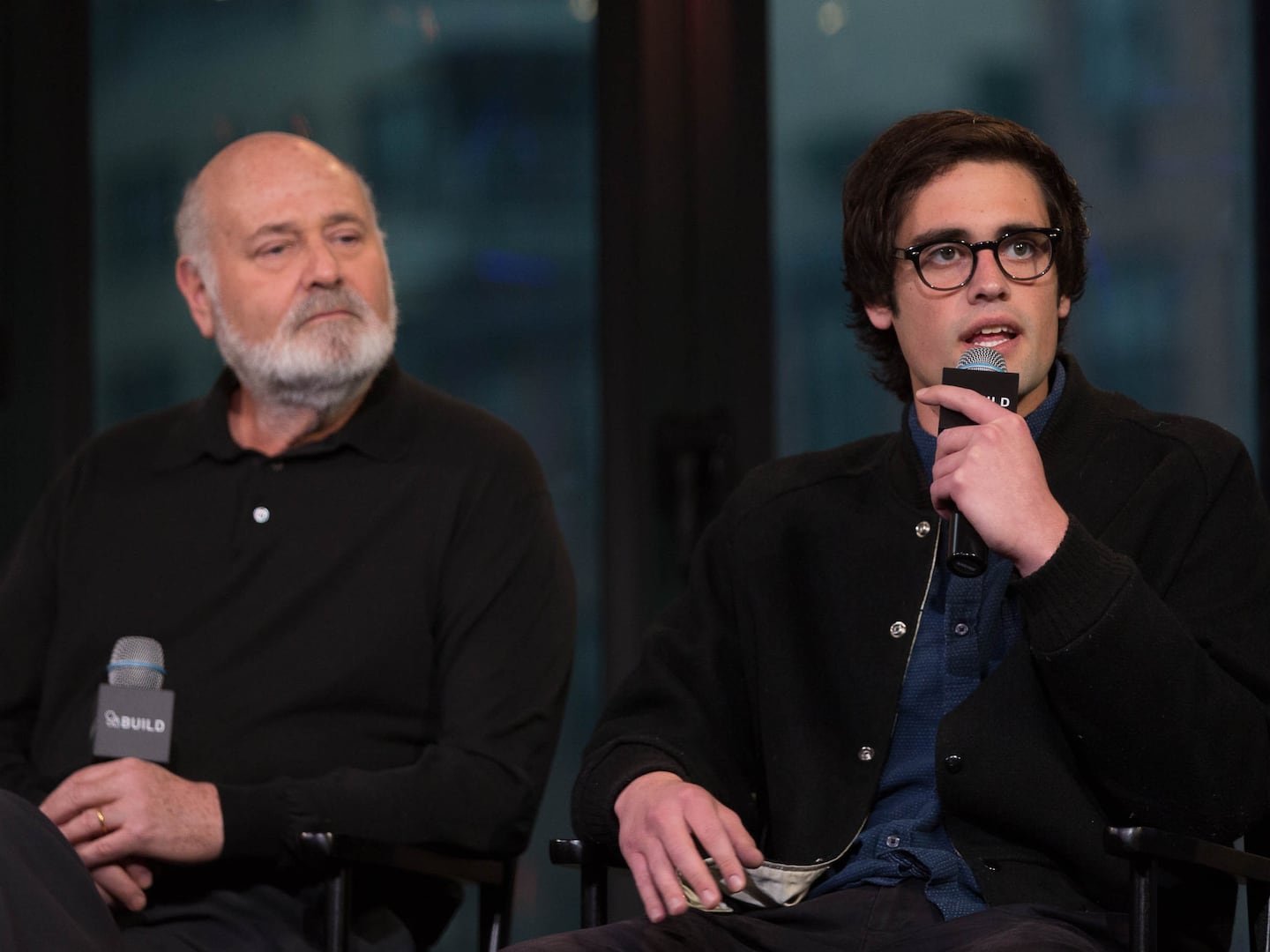
President Barack Obama’s engagement policy has hit a reality checkpoint: the Iranians are having serious second thoughts about parting with their nuclear treasure. They are apparently rejecting a deal to drastically reduce their stockpile of enriched uranium and so reduce fears they could make a nuclear weapon. Efforts to save the deal could draw out a diplomatic process that was meant to be rapid and conclusive. And it could leave Obama with a difficult choice that doesn’t have much to do with engagement: either block Iran from getting the bomb, or risk letting it happen.
For the moment, no one is panicking. “Let this process play out,” Secretary of State Hillary Clinton said from Pakistan. Israeli Prime Minister Benjamin Netanyahu on Friday in Jerusalem called the uranium deal “a positive first step.” Everybody wants diplomacy to succeed, and diplomacy takes time.
Even if you have no intention of building the bomb, how much can it hurt to have your status enhanced by having other nations, nations you want to influence, wondering about your intentions?
Administration officials stress that this is a good deal for Iran. Enriched uranium is a strategic material as it has both civilian and military uses. The Iranians need fuel for their Tehran research reactor which makes radio-isotopes for medical diagnosis. This reactor takes uranium enriched to 19.75 percent. The Iranians are currently enriching to 3.5 percent, enough for civilian power reactors but far below the over 90 percent level needed to make a bomb. Shipping uranium to Russia to be refined to the 19.75 level, as the deal provides, would be a face-saving way of “setting back the clock.” The Iranians would get to keep on enriching, something they claim as an inalienable right under the nuclear Non-Proliferation Treaty (NPT). But Iran would no longer, at least for the time it takes to replenish its stockpile, have enough enriched uranium to make a bomb. This would clear the way to talks to resolve the Iranian nuclear crisis.
Iran, however, begs to differ. Parliament speaker Ali Larijani, who was previously Iran’s nuclear negotiator, accuses the West of trying to cheat the Islamic Republic. “They are saying we will give you the 20 percent (enriched uranium) fuel for the Tehran reactor only if you give us your enriched uranium. I see no link between these two things,” Larijani said this week. No link, that is, because Larijani does not see why Iran should give up the enriched uranium it has amassed in almost four years of hard, expensive work—and in defiance of UN Security Council resolutions calling on it to suspend uranium enrichment. The stockpile is Iran’s treasure, proof of its nuclear prowess. The stockpile may get the world wondering if Iran seeks to “break out” and make atomic weapons. But even if you have no intention of building the bomb, how much can it hurt to have your status enhanced by having other nations, nations you want to influence, wondering about your intentions? How much can it hurt to have this newfound respect for your status, especially if you are trying to restore the credibility of a regime rocked by internal dissent? How dangerous can it be if you are not actually making a bomb, so that there is no smoking gun to trigger an attack against you?
In short, is the current nuclear ambiguity about Iran’s intentions a plus or minus for Tehran? Israel, after all, has added to its prestige by refusing for decades to confirm or deny if it has nuclear weapons. Abolfazl Zohrevand, an Iranian diplomat and nuclear expert, told the Iranian newspaper Resalat that the uranium deal was in fact a form of suspension of enrichment and that “if we wanted to enrich this amount of uranium all over again, it would take at least 18 months for us to reach this capacity again, and during these 18 months they (the Western powers) will have the opportunity to bring pressure upon Iran once again and nudge the country to move in the direction in which they want Iran to go.”
On Thursday, Iranian Ambassador Ali Asghar Soltanieh gave an oral answer to UN nuclear watchdog Mohammad ElBaradei—requiring that the uranium be shipped out gradually, instead of in one batch, according to news reports. This would destroy the purpose of the deal, which was to reduce Iran’s stockpile of uranium far below the level needed to make a nuclear weapon.
ElBaradei, who is head of the Vienna-based International Atomic Energy Agency and who is working closely with Obama at this point, told Soltanieh, that Washington would never accept the new Iranian proposal. The United States says it is still waiting for a formal, written response from Iran, a position that leaves room for ElBaradei to bring the Iranians along. A diplomat told me that “if it hadn’t been for ElBaradei, things would have ended there and then.”
Iran had met with the United States and five other world powers in Geneva on October 1, in a gathering that was the first fruit of Obama’s engagement push. The two sides agreed in Geneva on three things—the uranium deal, for Iran to allow an IAEA inspection of a previously secret enrichment site being built and for more political talks before the end of the month.
The inspection took place but the uranium deal is not done and the second round of talks will not take place this month. A diplomat told me it was “deeply disappointing” that the political meeting had not occurred and that the US and its allies may have to decide as early as next week about how to proceed. The time may be coming soon to step up talk of sanctions. Or not. Obama has said he will review at the end of the year what progress has been made. There is still time. ElBaradei may even succeed in getting Iran to agree to the deal. It is undeniable, however, that the Iranians are imposing their rhythm. They have already succeeded in drawing out the talks, instead of meeting their deadlines.
Michael Adler, a longtime reporter for Agence France-Presse, is currently a scholar at the Woodrow Wilson Center and is writing a book on Iran’s nuclear diplomacy, which he has covered for most of this decade.






